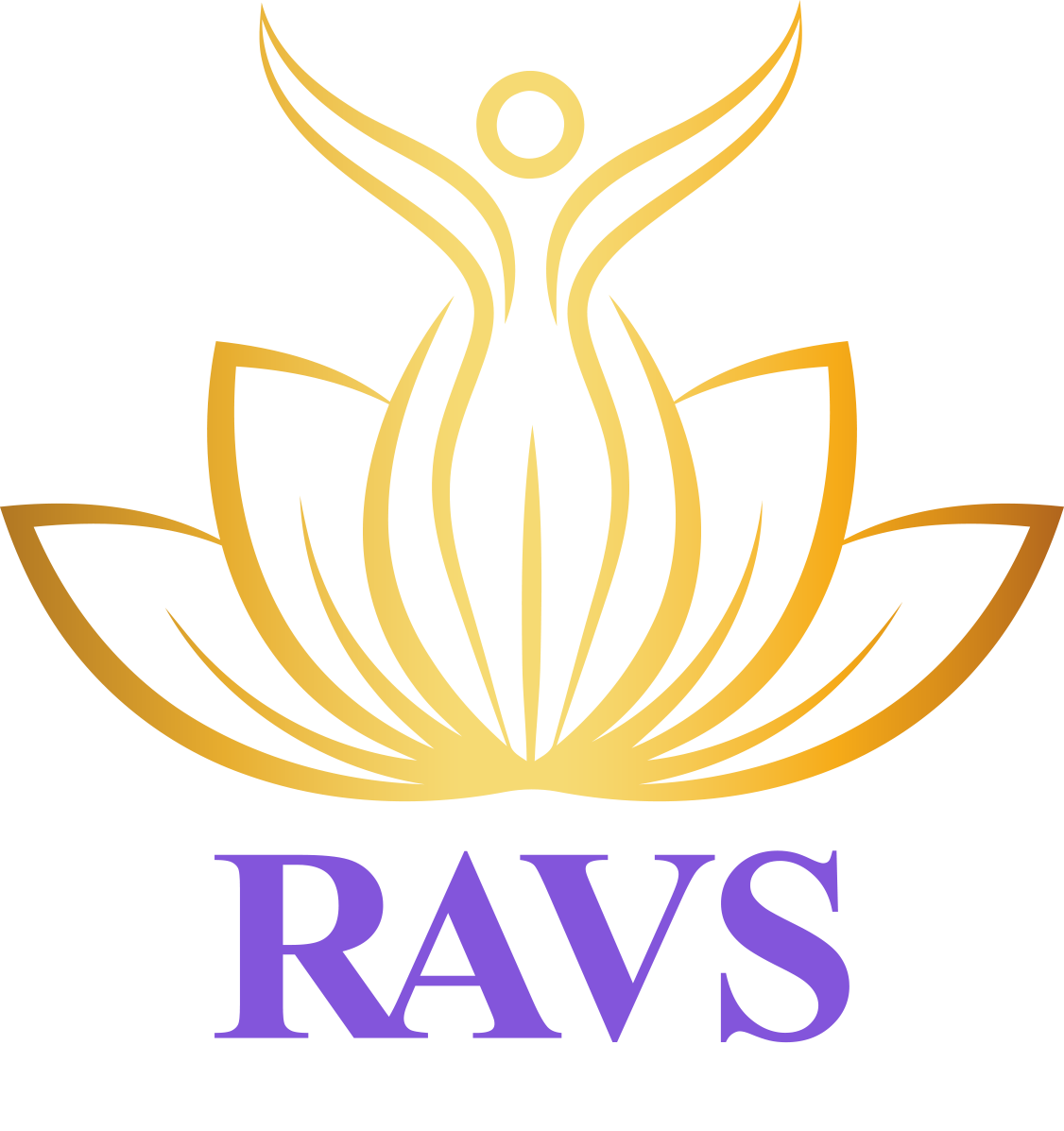Free Postage For Orders Over $100
Limited Stock Available
Same-Day Dispatch on Orders Before 2pm
Free Postage For Orders Over $100
Limited Stock Available
Same-Day Dispatch on Orders Before 2pm

Key Points to Remember
- Sleepytime tea can be a helpful part of a relaxing bedtime routine and may assist with mild sleep difficulties.
- Its effectiveness varies from person to person and it’s not a cure for serious or chronic sleep problems.
- Herbal teas, including sleepytime blends, are not treatments for conditions like sleep apnea. If you suspect a sleep disorder, seek professional medical advice.
What Is Sleepytime Tea and How Does It Help?
The Science Behind Sleepytime Tea
- Boosting GABA: GABA is a brain chemical that calms the nervous system and promotes relaxation.
- Reducing Stress Hormones: Herbs can lower cortisol and adrenaline levels—hormones that keep you alert and awake.
- Balancing Neurotransmitters: Ingredients can affect serotonin and dopamine, which regulate your sleep-wake cycle.
Key Ingredients and Their Benefits
Chamomile
Used for centuries, chamomile is known for its gentle sedative effects. It contains apigenin, an antioxidant that promotes sleepiness and may reduce anxiety and inflammation.
Valerian Root
Valerian is a natural remedy often used to improve sleep quality and reduce the time it takes to fall asleep by boosting GABA levels.
Passionflower
This herb helps ease anxiety and restlessness, offering a mild sedative effect by increasing GABA production.
Lavender
More than just a pleasant scent, lavender tea can lower cortisol levels, helping your body relax naturally.
Low-Caffeine Green Tea
For those who prefer a lighter tea, low-caffeine green tea contains L-theanine, which supports relaxation and reduces stress hormones.
Does Sleepytime Tea Really Work?
Pros and Cons of Using Sleepytime Tea
Pros
- Natural and gentle, with little risk of dependency
- May offer additional health benefits beyond sleep support
- Easy to access and affordable
- Supports a calming bedtime ritual
- Pleasant aroma can enhance relaxation
Cons
- Effects differ from person to person
- Limited scientific evidence for long-term use
- Possible allergic reactions to some herbs
- Not recommended during pregnancy without advice
- May interact with medications
- Might not be strong enough for severe sleep problems
- Drinking fluids before bed can cause nighttime bathroom visits
How to Use Sleepytime Tea for Best Results
Timing: Drink 30 to 45 minutes before bedtime but stop at least two hours before sleeping to avoid interruptions.
Preparation: Steep the tea for 5–10 minutes in hot water for full flavour and benefits.
Routine: Combine with good sleep habits—dim the lights, avoid screens, and make the tea part of your nightly wind-down. The Sleep Health Foundation offers excellent guidelines on creating a healthy sleep routine, which pairs well with the use of Sleepytime tea for enhanced benefits.
Tip: If you exercise in the evening, a cup of sleepytime tea after your workout can help you relax. Keeping a sleep diary might help you find the blend that works best for you.
Are There Any Risks or Side Effects?
- Allergic reactions (especially chamomile if sensitive to ragweed or daisies)
- Dizziness, headaches, or stomach upset (valerian root)
- Mild confusion or muscle effects (passionflower)
- Skin irritation or hormonal effects with excessive lavender use
Always start with a small amount to check for tolerance, and speak to your healthcare provider if you’re on medication or pregnant.
What About Sleep Apnea and Sleepytime Tea?
Sleepytime tea is not a treatment for sleep apnea—a serious condition where your airway collapses during sleep, causing breathing interruptions. If you experience symptoms like loud snoring or daytime sleepiness, consult a medical professional. The Sleep Health Foundation provides a comprehensive guide to recognizing and managing sleep apnea.
If you experience symptoms such as loud snoring, gasping for air, or daytime sleepiness, you should consult a medical professional for diagnosis and treatment.
When Is the Best Time to Drink Sleepytime Tea?
To avoid disrupting your sleep with bathroom trips, have your tea at least two hours before bed. If you exercise in the evening, drinking sleepytime tea afterwards can help you unwind.
Remember, steeping the tea longer results in a stronger brew, so adjust to your taste and needs.
Alternatives to Sleepytime Tea
Getting Help for Sleep Disorders
Final Thoughts
Sleepytime tea can be a gentle, natural way to support relaxation and improve your bedtime routine. While it’s not a cure-all for serious sleep issues, its calming ingredients and soothing ritual may help ease mild sleep troubles and prepare your body for rest.
Remember, good sleep hygiene and professional advice are key if you have ongoing or severe sleep difficulties. Incorporating sleepytime tea as part of a consistent nightly routine might just be the simple, natural step that helps you wind down and enjoy better sleep.
At RAVS Wellness And Natural Bliss, we believe in supporting your wellbeing naturally—one peaceful night’s sleep at a time.
